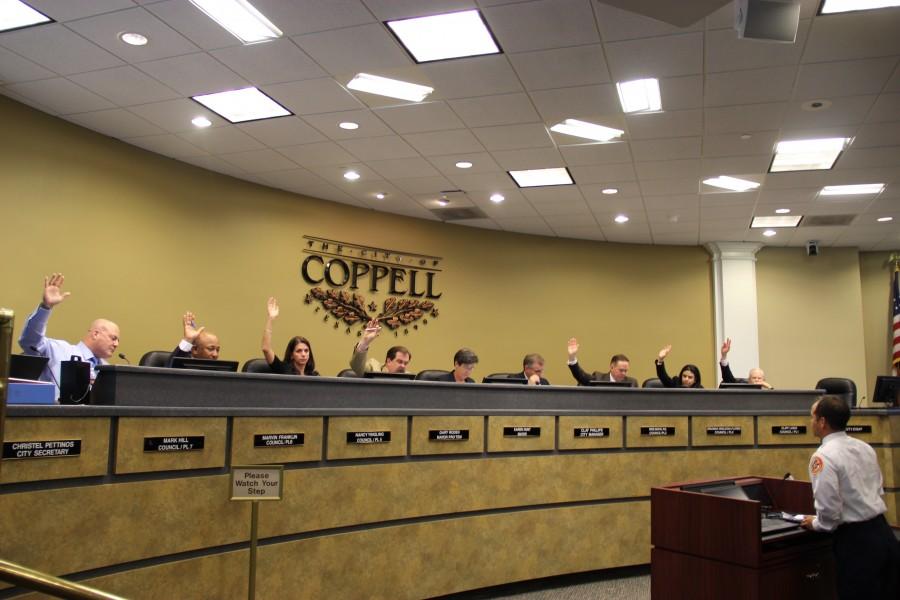By Mary Whitfill
Features Editor
As the question of whether or not to repeal militaries’ “don’t ask don’t tell” continues to snake its way through congress, the more it seems like it is a question of ‘when’ and not ‘if’.
The policy, which promotes secrecy over shining individuality, states that military leaders cannot question a service member’s sexual orientation and gays and lesbians can serve in the military if they keep it a secret. Because of the blurred secrecy lines, more than 13,000 service members have been discharged for not hiding their identity and being blatant about their sexuality.
17 years have flown by since the passing of “don’t ask don’t tell” and recent polls (as reported by The University Daily Kansan) say that more and more Americans are promoting the acceptance of gay and lesbian individuals into the military. 70 percent of Americans favor to repeal the “don’t ask don’t tell” policy.
On September 21, the issue came up for a vote in congress and 56 Democrats in the senate voted for the repeal of the policy. 40 Senate Republicans voted against policy change, delaying what will one day be declared as a profound step in the right direction.
One day, it will be widely accepted that it is unconstitutional to restrict military service based simply on this personality definition.
The United States is behind more than 25 other countries who allow gay and lesbians to openly serve in the different branches of their military. U.S. allies Australia and Israel, as well as Canada, France and Germany are on the list of those who approve of the minorities service.
While these nations have a grasp on what is right; the United States is stuck in this in-between policy.
Friction is the name of the game in these controversial American issues.




